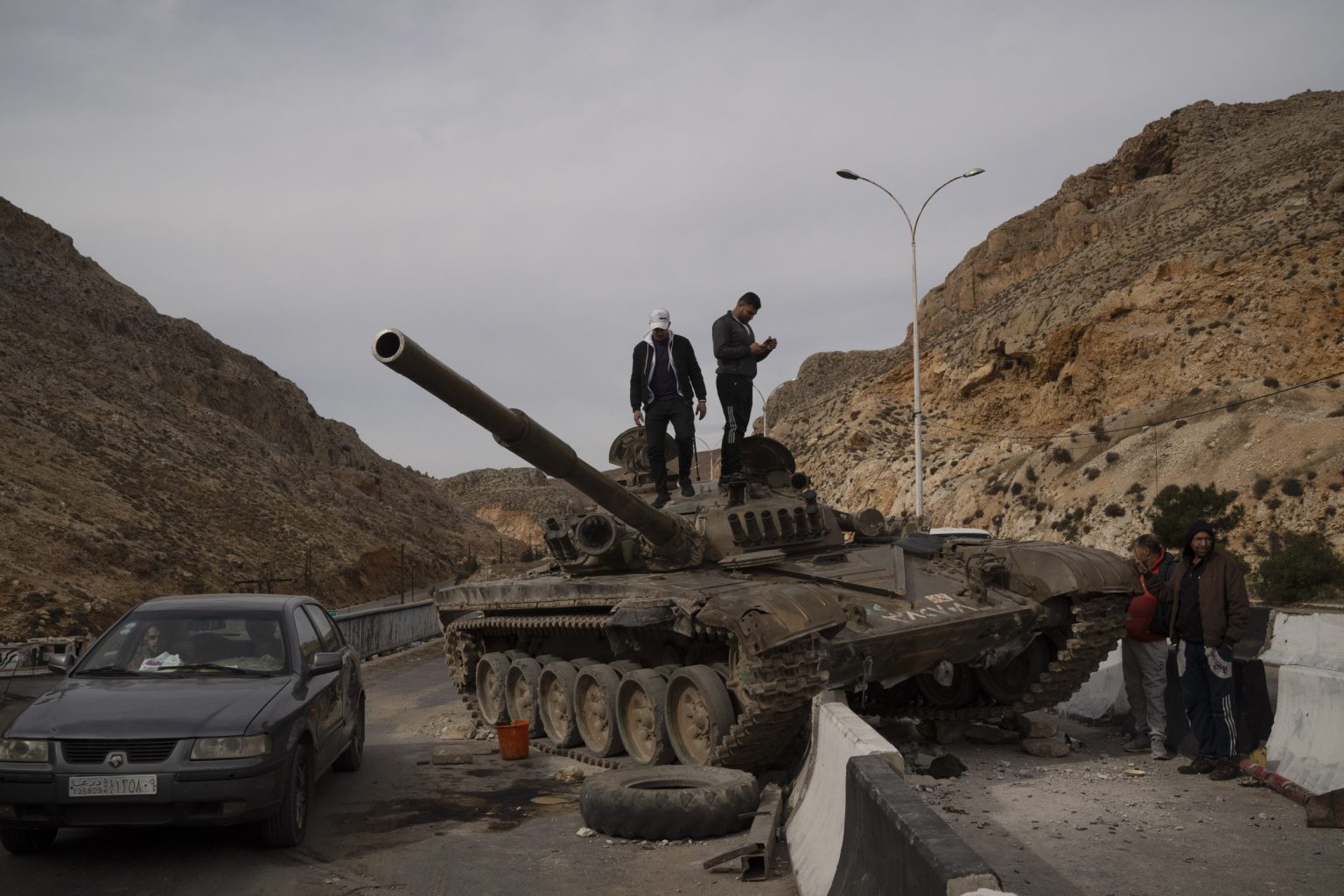The Syrian Kurds, once steadfast allies of the United States in the fight against ISIS, find themselves in a precarious position as the Syrian civil war enters a new phase. After years of battling extremist groups and carving out a degree of autonomy in the resource-rich eastern part of the country, the Kurds are facing a formidable new challenge in the form of ascendant Sunni Arab rebels, backed by Turkey, a long-standing adversary. This shift in the balance of power threatens to erode the Kurds’ hard-won gains and raises serious questions about their future in a post-conflict Syria.
The Kurds’ vulnerability stems from a confluence of factors. The rise of the Sunni Arab rebels, led by Ahmad al-Sharaa, has significantly altered the Syrian political landscape. While the rebels speak of inclusivity, their actions, including the expulsion of Kurdish fighters from Deir al-Zour and the seizure of Manbij with the help of Turkish-backed militias, paint a different picture. Turkey’s active involvement in supporting these rebel groups further complicates the situation for the Kurds. Ankara views the Syrian Democratic Forces (SDF), the primary Kurdish militia in Syria, as an extension of the Kurdistan Workers’ Party (PKK), which it considers a terrorist organization. This perception fuels Turkey’s determination to curb Kurdish influence in Syria, leading to military interventions and support for anti-Kurdish factions.
Turkey’s interventions in Syria, often justified as counter-terrorism operations, are widely seen as driven by a desire to prevent the establishment of a Kurdish autonomous region along its border. The Turkish government fears that such a region could embolden Kurdish separatists within Turkey. This long-standing animosity towards Kurdish aspirations for self-determination has led to repeated military incursions into northern Syria, targeting Kurdish-held territories. These operations, coupled with the support provided to Syrian Arab rebel groups, have drastically altered the dynamics on the ground, putting immense pressure on the Kurds and threatening their previously secured autonomy. The emerging alliance between the new Sunni leadership in Damascus and Turkey further isolates the Kurds, potentially opening up new fronts against them.
The uncertain future of U.S. support adds another layer of complexity to the Kurds’ predicament. While the U.S. has been a crucial ally to the SDF in the fight against ISIS, the upcoming presidential election casts a shadow over the continuation of this partnership. Donald Trump’s previous actions, including the abrupt withdrawal of U.S. troops from Syria in 2019, which was later partially reversed, have demonstrated his skepticism towards long-term military engagements in the region. While recent meetings between U.S. military officials and SDF leaders suggest continued cooperation for the time being, a potential return of Trump to the presidency could lead to a shift in U.S. policy, leaving the Kurds even more vulnerable.
The Kurds are now navigating a complex and treacherous political landscape. While there have been some tentative overtures from the Sunni Arab rebels, including the avoidance of attacks on Kurdish-held enclaves in Aleppo, Kurdish leaders remain wary. The rebels’ ultimate goals regarding Kurdish-controlled areas like Raqqa remain unclear, leaving open the possibility of future conflict. Any potential agreement between the Kurds and the Sunni Arab rebels for a power-sharing arrangement in a post-Assad Syria would likely hinge on the acceptance of a degree of Kurdish autonomy. However, such an agreement would likely face strong opposition from Turkey, which now holds significant sway over the political trajectory of Syria.
The Kurds are thus caught in a difficult situation. Their alliance with the U.S. is uncertain, while the rising power of Turkey-backed Sunni Arab rebels poses a direct threat to their autonomy. The Kurds face the daunting task of navigating these competing forces while seeking to secure their place in a future Syria. Their ability to do so will depend on their ability to forge alliances, leverage their control over vital resources, and adapt to the rapidly evolving political landscape. The future of the Kurds in Syria remains precarious, highlighting the complexities of the ongoing conflict and the challenges of building a stable and inclusive post-war order.

